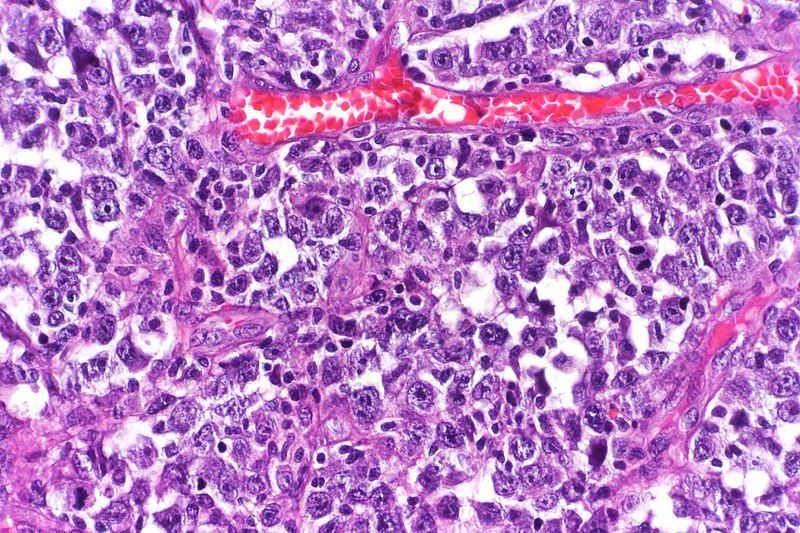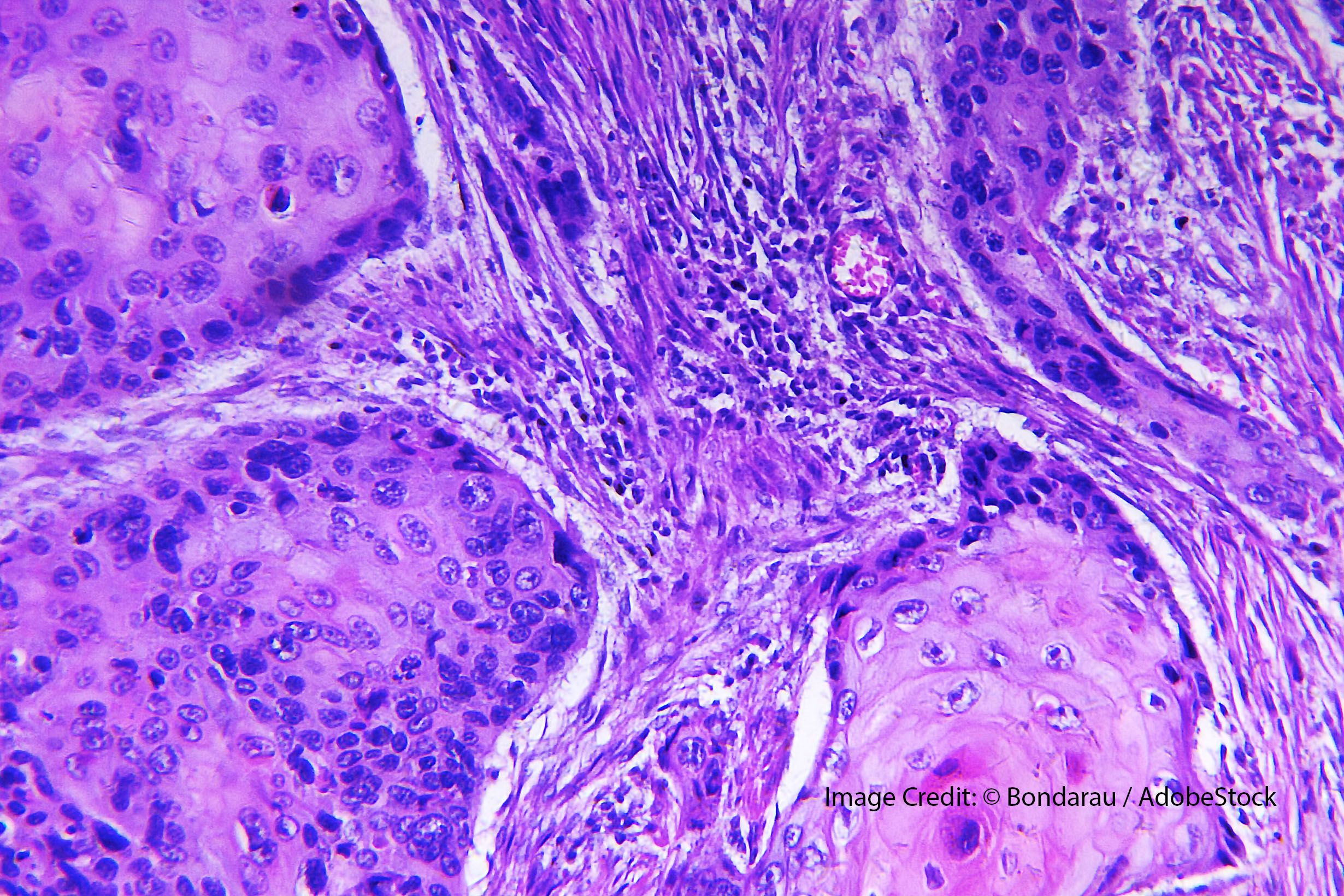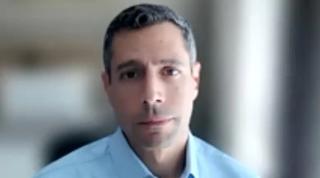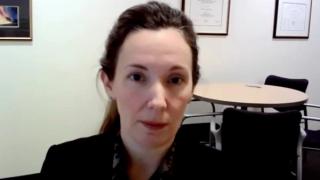
Oncology
Latest News
Latest Videos

CME Content
More News

In a recent Hot Topics column, Mehmet Sitki Copur, MD, FACP, et al discussed the pros and cons of patients receiving test results early through electronic medical records.

The current drug supply shortage is due to manufacturing issues and economic factors, both of which can be addressed, according to Jason Westin, MD, MS, FACP.

Treatment with iparomlimab appears to be tolerable in patients with unresectable or metastatic mismatch repair deficient or microsatellite instability–high solid tumors in a phase 2 trial.

Data from the phase 1b/3 IMscin001 trial support the Committee for Medicinal Products for Human Use’s positive opinion on subcutaneous atezolizumab in lung cancer and other disease types.
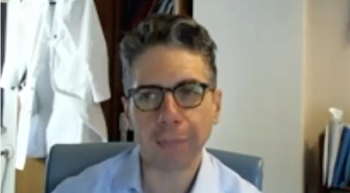
Richard Bakst, MD, speaks to the potential use of artificial intelligence in the radiation oncology space, and how he hopes to see it evolve.

Researchers advise cancer providers to use online tools, visual aids, and interactive multimedia resources to educate patients before tumor testing.

In the October edition of Snap Recap, we review the latest FDA news and the vote from the last ODAC meeting.
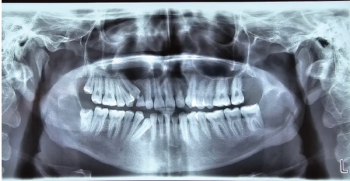
A case study by Sahith Kumar Shetty, BDS, MDS, et al reviews the need for a multidisciplinary approach to the treatment of patients with Gorlin-Goltz syndrome.

Continued manufacturing of methotrexate may improve access to chemotherapy for patients with breast cancer, lung cancer, and other malignancies in the United States.

Laura S. Wood, MSN, RN, OCN, spoke to Physician's Education Resource regarding resources to increase clinical trial awareness and participation.

Howard S. Hochster, MD, reviews the potential solutions for the current chemotherapy drug shortages, and how this can be avoided in the future.

AL102 is being assessed as part of the phase 3 RINGSIDE trial in patients with desmoid tumors.

Jenifer A. Vencill, PhD, LP, highlighted that sexual dysfunction can negatively impact patients' quality of life, and how she aims to bring more awareness to this issue.

Trastuzumab deruxtecan produces enduring responses among patients with HER2-mutated solid tumors in the phase 2 DESTINY-PanTumor01 trial.

Results from the phase 1b/2 ACTIVATE trial showed tolerability among the combination of etigilimab plus nivolumab in patients with recurrent or advanced solid tumors.

Results from the phase 1/2 STARTRK-NG and phase 2 TAPISTRY trials led to the approval of entrectinib for patients who are 1 month or older with solid tumors.

Data from a phase 1a/1b trial support additional research on dual TIGIT/PD-L1 inhibition in patients with advanced solid tumors.

Rates of treatment discontinuation appear to be higher in patients receiving nivolumab plus ipilimumab for cancer than those receiving nivolumab monotherapy.

The FDA companion diagnostic designation for FoundationOne CDx may improve access to treatment with selpercatinib in select patients with solid tumors harboring a RET gene fusion.

Julie M. Vose, MD, MBA, discussed why the need for multidisciplinary care is so pertinent, and how it must continue even after treatment ends.

A biologic license application supplement resubmission for the pegfilgrastim-cbqv on-body injector follows the resolution of inspection findings highlighted in a complete response letter from the FDA.

In this September edition of Snap Recap, we share our highlights from Prostate Cancer Awareness Month, news in the breast cancer space, and the latest FDA updates.

Lucio N. Gordan, MD, reviews how the chemotherapy drug shortages have led to price gouging, potentially making treatment unavailable to patients.

The FDA has not requested any additional data or clinical trials supporting the supplemental biologics license application for an on-body injector presentation of pegfilgrastim-cbqv.

Community health worker–led intervention may yield improvements in patient activation, hospice use, and total health care costs compared with usual care in those with newly diagnosed cancer.




